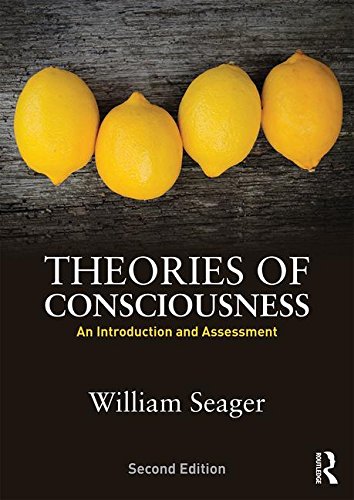

Most ebook files are in PDF format, so you can easily read them using various software such as Foxit Reader or directly on the Google Chrome browser.
Some ebook files are released by publishers in other formats such as .awz, .mobi, .epub, .fb2, etc. You may need to install specific software to read these formats on mobile/PC, such as Calibre.
Please read the tutorial at this link: https://ebookbell.com/faq
We offer FREE conversion to the popular formats you request; however, this may take some time. Therefore, right after payment, please email us, and we will try to provide the service as quickly as possible.
For some exceptional file formats or broken links (if any), please refrain from opening any disputes. Instead, email us first, and we will try to assist within a maximum of 6 hours.
EbookBell Team

5.0
40 reviewsDespite recent strides in neuroscience and psychology that have deepened understanding of the brain, consciousness remains one of the greatest philosophical and scientific puzzles. The second edition of Theories of Consciousness: An Introduction and Assessment provides a fresh and up-to-date introduction to a variety of approaches to consciousness, and contributes to the current lively debate about the nature of consciousness and whether a scientific understanding of it is possible.
After an initial overview of the status and prospects of physicalism in the face of the problem of consciousness, William Seager explores key themes from Descartes - the founder of the modern problem of consciousness. He then turns to the most important theories of consciousness:
Thoroughly revised and expanded throughout, this second edition includes new chapters on animal consciousness, reflexive consciousness, combinatorial forms of panpsychism and neutral monism, as well as a significant new chapter on physicalism, emergence and consciousness.
The book’s broad scope, depth of coverage and focus on key philosophical positions and arguments make it an indispensable text for those teaching or studying philosophy of mind and psychology. It is also an excellent resource for those working in related fields such as cognitive science and the neuroscience of consciousness.